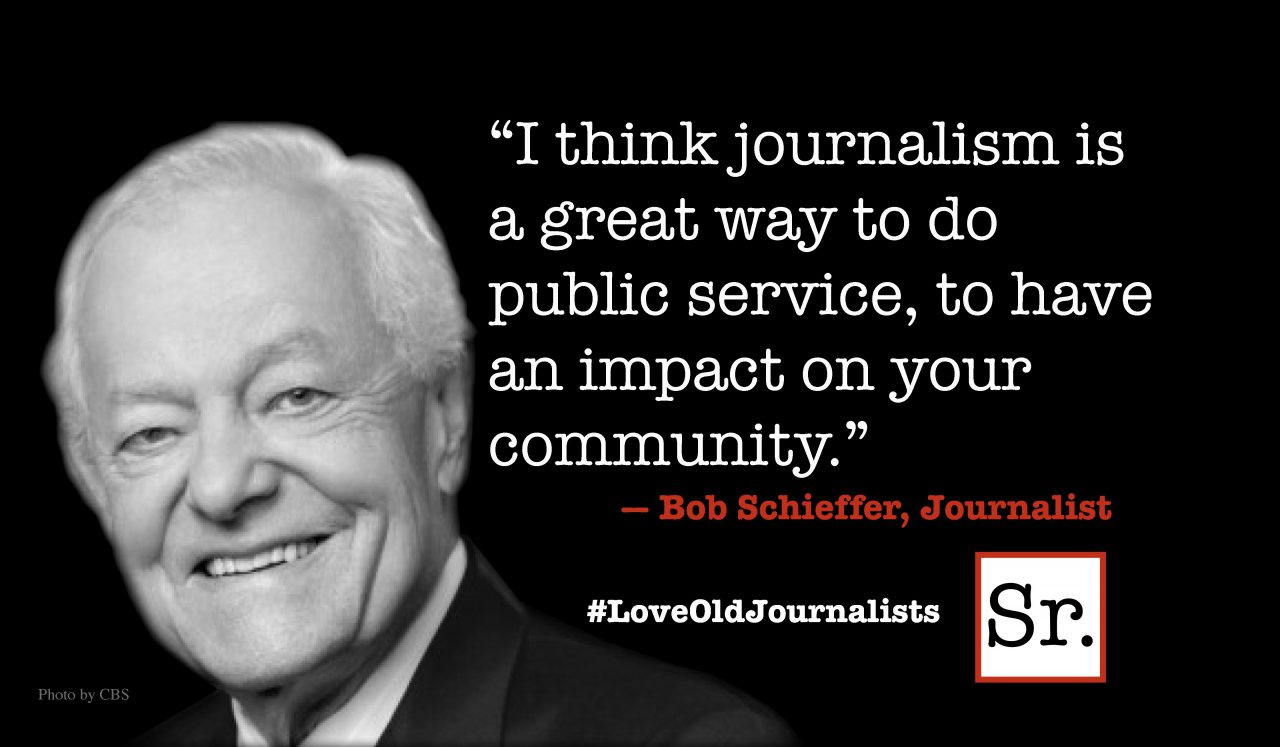"To find in ourselves what makes life worth living is risky business, for it means that once we know we must seek it. It also means that without it life will be valueless." Marsha Sinetar, "Ordinary People as Monks and Mystics"
Experiences that are deeply integrative are very meaningful. They are spiritually enriching and sacred. You do not have to wait for a burning bush or hear Joan of Arc’s voices to identify the mysticism that lines the fabric of your soul. The sacred responds to whatever circumstances exist in your life. It is in your day-to-day activities that your inner mystic is born.
As a practice, journal writing is one of the most effective ways to gain self-revelation. It allows you to communicate with something you perceive as beyond or deep within yourself. The practice develops your relationship with the sacred.
Artist and author Julia Cameron created a technique called "Morning Pages" that has helped me clear out a lot of cobwebs as well as see the sacredness in everyday life. The way it works is to write for 20 minutes first thing in the morning as soon as you wake up. Fill up three sheets of paper with whatever is on your mind. Just dump it on the pages and then let it go — don’t censor it and don’t read it afterward. Just write and then close the notebook. If you need to, set a timer, but immediately stop when it goes off.
After a while, you will start to notice patterns in your thinking. You may also discover feelings that you didn’t know were there. Don’t be frightened, be enlightened! Morning Pages will help you get to the heart of a matter when you need clarity and self-validation. The practice will help you understand what you truly value, and it will prompt you to get on with your life.
In addition to Morning Pages, there are many meaningful ways of journaling to help to facilitate healing. For example, if you have a problem forgiving yourself, write yourself a Letter of Forgiveness. Create quiet time and sit down and think about anything and everything you need to forgive yourself for. Put it all in the letter. Once you’re done, see if you can create it into a poem or a reflection — something you can go back to and remind yourself that "it is done." This letter is for your eyes only. If you’re not comfortable keeping it, then shred it when you experience a sense of completeness.
The same process can be applied to someone you need to forgive or from whom you want forgiveness. In most cases, the recipient will never see the letter, but the exercise will provide you with insight and relief when you let go and let God handle the situation. If you choose to give someone a letter, do not give them your first thoughts. Let it sit and simmer, and then re-write it. Remember, love is at the core of your intentions. Write it with love.








